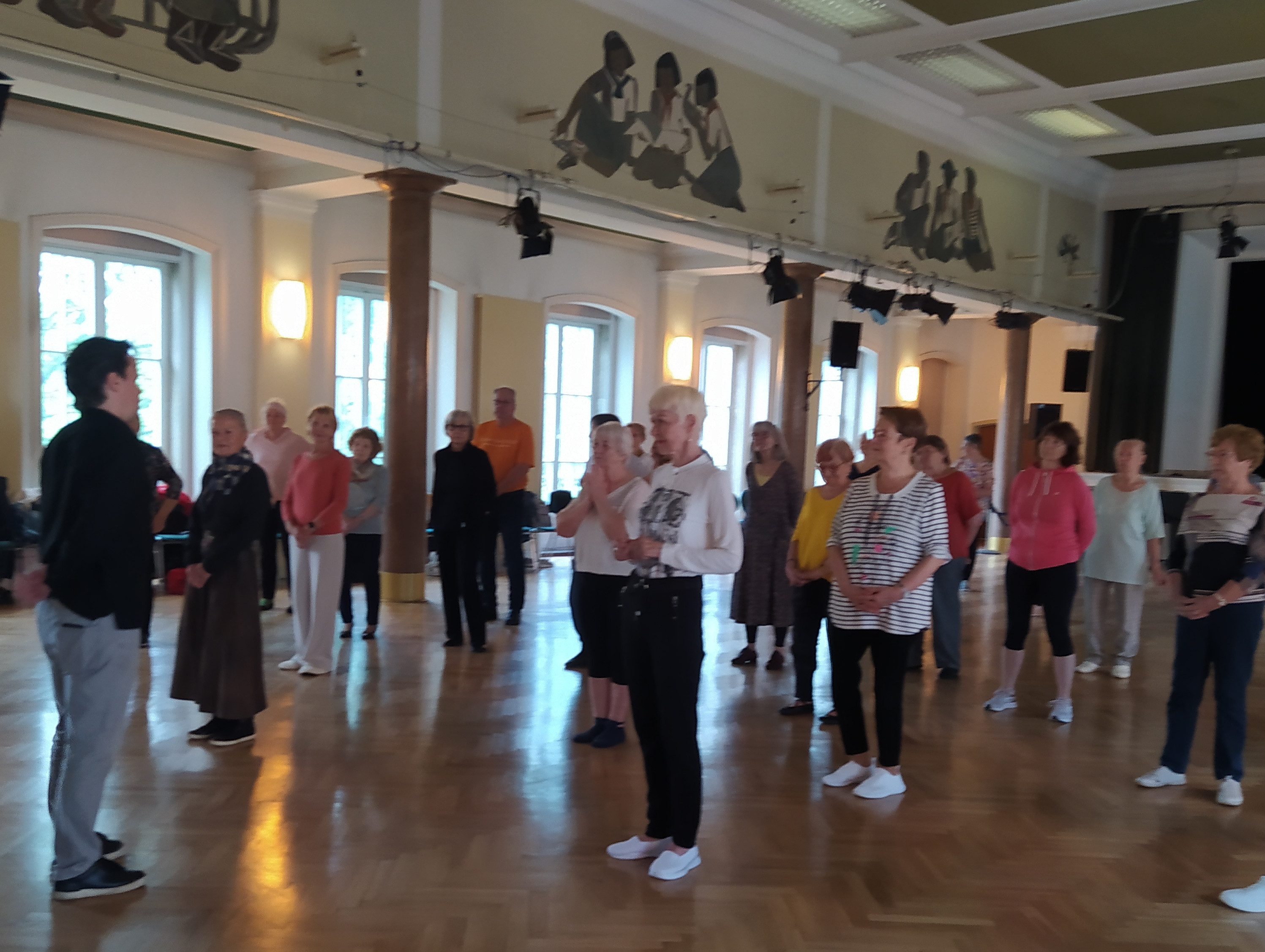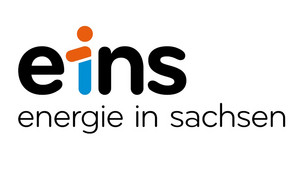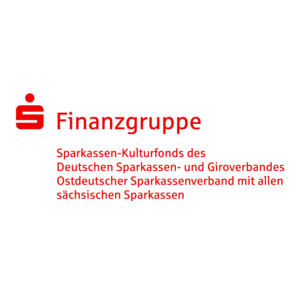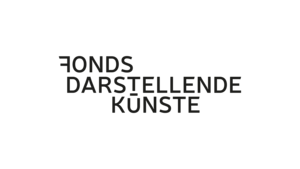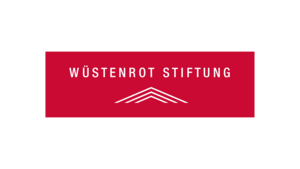Volunteers for Chemnitz 2025 publish reports on their experiences, assignments and adventures around the European Capital of Culture in the volunteer editorial office.
Kristina lives in Neukirchen in the Ore Mountains. The former archivist and case manager has travelled to numerous events as a volunteer for Chemnitz 2025. She also loves writing, which is why she came up with the idea of collecting the volunteers' experiences - the starting signal for the volunteer editorial team.
Who had greater expectations of the first "Dancing Neighbours" meeting on 7 May 2024? Was it the 30 or so women and 2 men - all over 60 - who turned up in practice clothing? Was it the project manager from Kulturhauptstadt gGmbH Michal Sandor, who came to represent the actual head of the "Dancing Neighbours" project, dance teacher Terry Pedersen Pfeiffer, or Dr Takats, head of the Generations team?
Dr Takats and Michal Sandor also gave an introduction to the project to the women who had come "just for a taster". Mr Sandor comes from Slovakia and is a trained dancer.
He gave a brief overview of the expectations and any existing dance experience of the women and men.
And off they went! The large hall of the Kraftwerk e.V. on Kaßbergstraße in Chemnitz offered ideal conditions for this challenging project.
The group had set up. The right music came from the can. The participants followed the instructor's instructions carefully. It wasn't long before the first technical terms such as position 1, position 2 etc. were heard. That sounded more like ballet. The irritation didn't last long. Michal Sandor had jokingly said several times that this was not about balancing acts. The rest of the planned two hours brought movement together as promised - no more and no less.
Volunteer Sandy Nutze and I watched the women doing the exercises. Full of concentration, they endeavoured to do everything correctly. None of the participants had to interrupt an exercise. So at least to start with, they were in good enough shape.
After an hour, Michal Sandor allowed the women to take a short break. I took the opportunity and tried to strike up a conversation with the women. They already had experience as amateur dancers, I learnt, and wanted to take the opportunity to continue their hobby. The women had heard about the project from the media and didn't hesitate for long to sign up. After a 10-minute break, Michal Sandor invited the dancers back onto the dance floor.
Concentration, tension, music, the professional dancer's instructions and the women's absolute determination to do everything right - that's how the second hour of practice can be summarised.
Things got exciting at the end. The women lined up in front of the stage. One by one, following the pre-recorded music, they danced across the hall according to their own taste and ability. Michal Sandor watched attentively. He had certainly already discovered one or two "talents". After this final exercise was completed, the instructor took stock together with the women. The women were very satisfied with the first training sessions and thanked Michal Sandor. In an open-minded and constructive atmosphere, the women discussed tips and suggestions for future lessons.
The "Dancing Neighbours" project currently consists of two groups. The group described here meets on Tusdays at Kraftwerk e.V. A slightly smaller group meets on Saturdays at the Volkssolidarität organisation on Clausstraße.
At the start of the exercise sessions on 7 May 2024, Dr Takats and Michal Sandor gave a rough outline of the project's progress.
In addition to the weekly practice sessions, the dancers can look forward to five days of intensive training. Instructor Terry Pedersen Pfeiffer will be assisted by dancers from Japan.
The dance group is also planning public performances during the Capital of Culture year 2025.
Until then, they have to practise and practise again. And it should be fun. Of course!!!!
I am foremost curious about 15 June in Clausstraße. I'm looking forward to watching the other group dance, talking to the women, and answering one or two questions about the Capital of Culture.
